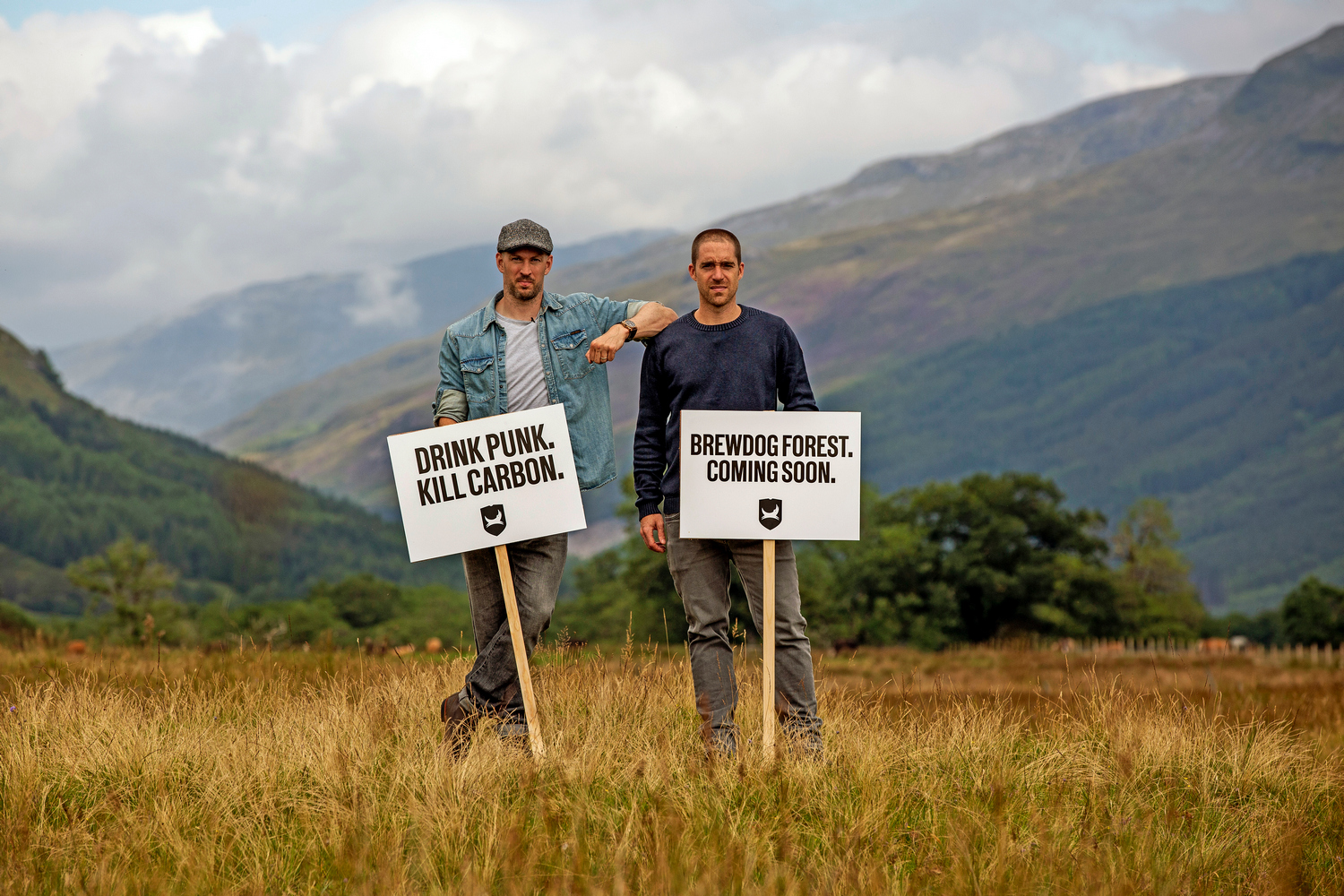BrewDog has commissioned a green gas plant that will power the production of more than 176 million pints of beer a year at its Ellon headquarters.

The £12m bio-energy plant will mean 7,500 fewer tonnes of carbon emissions every year when running at full capacity. Later this year, BrewDog plans to begin using surplus green gas to fuel delivery vehicles, as well as helping to decarbonise the national grid.
Since the brewery opened in 2013, BrewDog has reduced the volume of water it takes to make its beer by more than 50%, but there is still waste created by the brewing process. The anaerobic digester will help BrewDog recycle most of the 200m litres of waste water produced every year in the beer-making process, as well as generating bio-methane to power the brewery’s boilers.
The plant combines the waste water with spent yeast and hops from the brewing process to be ‘digested’ by bacteria to make biomethane. Over the coming years, BrewDog also plans to use the CO2 created by the digester to carbonate its beer. When fully operational, the digester will create around 200 cubic metres of biomethane per hour — equivalent to around 23,000 MWh of energy per year and enough to heat more than 1,500 homes.
The facility forms the centrepiece of BrewDog’s £50m investment plans to slash carbon emissions per hectolitre of beer by 35% versus its baseline in 2019. As well as powering the brewery, the biomethane produced will be used to create compressed natural gas to power delivery trucks, which will deliver the beer to its Glasgow distribution hub.
Sarah Warman, BrewDog’s director of sustainability, said: “We’re not just here to make great beer — we’re making great beer that doesn’t cost the Earth. Our ambition is nothing short of making BrewDog beer the most planet-friendly beer on Earth, and we’ve taken giant strides towards that goal with our new bio-energy plant.
“Our number one sustainability goal is to reduce emissions, and we want to lead the way for the entire brewing industry. We want all our teams to feel like the work they do supports our mission to protect the planet.”











